Asha Bhosle (Marathi pronunciation: Mangeshkar; born 8 September 1933) is an Indian playback singer, entrepreneur, actress and television personality who predominantly works in Indian cinema. Known for her versatility, she has been described in the media as one of the most influential and successful singers in Hindi cinema. In her career spanning over eight decades she has recorded songs for films and albums in various Indian languages and received several accolades including two National Film Awards, four BFJA Awards, eighteen Maharashtra State Film Awards, nine Filmfare Awards including a Lifetime Achievement Award and a record seven Filmfare Awards for Best Female Playback Singer, in addition to two Grammy nominations. In 2000, she was honoured with the Dadasaheb Phalke Award, India’s highest award in the field of cinema. In 2008, she was honoured by the Government of India with the Padma Vibhushan, the second-highest civilian honour of the country. The Guinness Book of World Records acknowledged Bhosle in 2011 as the most recorded artist in music history.
Bhosle is the sister of playback singer Lata Mangeshkar and belongs to the prominent Mangeshkar family. Renowned for her soprano voice range and often credited for her versatility, Bhosle’s work includes film music, pop, ghazals, bhajans, traditional Indian classical music, folk songs, qawwalis, and Rabindra Sangeet. Apart from Hindi, she has sung in over 20 Indian and foreign languages. In 2013, she made her debut as an actress in the film Mai, and received critical acclaim for her performance. In 2006, Bhosle stated that she has recorded over twelve thousand songs in her career. a figure repeated by several other sources.
Partnership with music directors
O. P. Nayyar
Music director O. P. Nayyar’s association with Asha is part of Hindi film lore. He was the composer who first gave Asha her own identity. Many people have speculated about a romantic relationship between the two.
Nayyar first met Asha in 1952, at the music recording of Chham Chhama Chham. He first called her for a film called Mangu (1954), and gave her a big break in C.I.D. (1956). However, it was the success of Naya Daur (1957) that made the duo very popular. After 1959, she was emotionally and professionally involved with Nayyar.
The team of O. P. Nayyar and Asha Bhosle is best remembered for their breezy and sometimes sirenish songs. Some good examples of their sensuous numbers are “Aaiye Meherbaan” picturised on Madhubala (Howrah Bridge, 1958) and “Yeh Hai Reshmi Zulfon Ka Andhera”, (Mere Sanam, 1965). “Aao Huzoor Tumko” (Kismat) and “Jaaiye Aap Kahan” (Mere Sanam) were also popular. They also recorded songs for many hit movies like Tumsa Nahin Dekha (1957), Ek Musafir Ek Hasina (1962) and Kashmir Ki Kali (1964). O. P. Nayyar used the Asha Bhosle-Mohammad Rafi duo for his most popular duets such as “Ude Jab Jab Zulfein Teri” (Naya Daur), “Main Pyaar Ka Rahi Hoon” (Ek Musafir Ek Haseena), “Deewana Hua Baadal” and “Ishaaron Ishaaron Mein” (Kashmir Ki Kali).
Asha recorded her last song for O. P. Nayyar in the movie Pran Jaye Par Vachan Na Jaye (1974). The solo number “Chain Se Humko Kabhi” garnered many awards, but it was not included in the movie.
They separated on 5 August 1972. It is not clear what made them part their ways. On being asked the reason for their parting, O. P. Nayyar once said, “I know astrology very well. I knew that one day I had to part with her. Something also happened that upset me, so I left her.” Nevertheless, he also said “…now that I am seventy-six, I can say that the most important person in my life was Asha Bhosle. She was the best person I ever met.”
The parting of Asha Bhosle and O. P. Nayyar was bitter, and probably therefore she has hesitated to give Nayyar his due. While talking about O. P. Nayyar in an interview with The Times of India, she once remarked, “Whichever composer gave me work, it was because my voice was suited to his music at that point. No one musician did me any favor by asking me to sing for him.” She gives the credit for her first big break to B. R. Chopra, the producer of Naya Daur.
Khayyam
Another music director who recognized Asha’s talent early was Khayyam. Their partnership dates back to his first movie Biwi (1948). Khayyam gave her some good assignments in the 1950s, including Dard and Phir Subah Hogi. However, their collaboration is chiefly remembered for the songs of Umrao Jaan.
Ravi
Music composer Ravi considered Asha one of his favorite singers. She sang for his first movie Vachan (1955). The melodious lullaby from this movie, “Chanda Mama Door Ke” became an overnight hit among young mothers in India. Ravi got her to sing bhajans for the movies Gharana, Grihasti, Kaajal and Phool Aur Patthar, at a time when most of the composers remembered her only when they needed to record B-grade songs picturized on the vamps or the side-heroines. Ravi and Asha recorded a variety of songs, including the popular comic duet with Kishore Kumar – “C A T…Cat. Cat Maane Billi” (Dilli Ka Thug). The bhajan “Tora Man Darpan” (Kaajal) attained great popularity.
They also recorded songs for many popular movies like Waqt, Chaudhvin Ka Chand, Gumrah, Bahu Beti, China Town, Aadmi Aur Insaan, Dhund and Hamraaz. For Chaudhvin Ka Chand, Ravi wanted Geeta Dutt (the wife of actor and producer Guru Dutt) to sing the songs. But when she backed out, Guru Dutt insisted that Asha sing the songs.
Sachin Dev Burman
Sachin Dev Burman and Lata Mangeshkar, were not on good terms from 1957 to 1962. During this period, S D Burman used Asha as his lead female voice. She and Burman gave many songs in movies such as Kaala Pani, Kaala Bazaar, Insaan Jaag Utha, Lajwanti, Sujata and Teen Deviyaan (1965). They recorded many songs together after 1962 as well.
Rahul Dev Burman (Pancham)
Asha first met Rahul Dev Burman (also known as Pancham) when she was the mother of two and he was in 10th grade having dropped out to pursue music. Their partnership was first noticed in Teesri Manzil (1966). She went on to record a variety of songs with him – cabarets, rock, disco, ghazals and classical.
In the 1970s, Asha and Burman’s youthful Western songs took Hindi film music by storm – the raunchy cabaret “Piya Tu Ab To Aaja” (Caravan, picturized on Helen), the rebellious “Dum Maro Dum” (Hare Rama Hare Krishna, 1971), the sexy “Duniya Mein” (Apna Desh, 1972) and the romantic “Chura Liyaa Hai Tumne” (Yaadon Ki Baaraat, 1973). Burman also recorded many hit duets with Asha and Kishore Kumar such as “Jaane Jaan” (Jawani Diwani) and “Bhali Bhali Si Ek Soorat” (Buddha Mil Gaya).
In the 1980s, Burman and Asha recorded subtle numbers for films like Ijaazat (1987) – “Mera Kuch Saaman”, “Khaali Haath Shaam Aayi Hai” and “Katra Katra”. They also recorded the popular duet “O Maria!” (Saagar).
Asha used to call R. D. Burman “Bubs”. She married him in 1980. Their partnership lasted until his death.
R. D. Burman made her sing some of the most legendary songs in Bengali as well, namely “Mohuyae Jomechhe Aaj Mou Go”, “Chokhe Chokhe Kotha Bolo”, “Chokhhe Naame Brishti” (Bengali version of “Jaane Kya Baat Hai”), “Baanshi Sune Ki Ghore Thaka Jaye”, “Sondhya Belae Tumi Aami” and “Aaj Gungun Gun Gunje Amar” (Bengali version of “Pyaar Deewana Hota Hai”).
Ilaiyaraaja
Prolific Indian film composer Ilaiyaraaja began employing Asha’s vocals in the early 1980s, their earliest collaboration being for the film Moondram Pirai (1982) (remade in Hindi as Sadma in 1983). Their association continued, mostly through the latter half of the 1980s and early 1990s. Another notable song from this period is “Shenbagamae” for the movie Enga Ooru Pattukaran in 1987. In 2000, Asha sung the theme song for Kamal Haasan’s political film Hey Ram. The song, “Nee Partha Parvai” in Tamil and Janmon Ki Jwala in Hindi (or Aparna’s Theme), was a duet with singer Hariharan.
A. R. Rahman
A. R. Rahman is credited with Asha’s “comeback” with Rangeela (1994). Songs like “Tanha Tanha” and “Rangeela Re” were chartbusters. She and Rahman went on to record more hits like “Mujhe Rang De” (Thakshak), “Radha Kaise Na Jale” (Lagaan, duet with Udit Narayan), “Kahin Aag Lage” (Taal), “O Bhanware” (Daud, duet with K. J. Yesudas), “Venilla Venilla” (Iruvar, 1999), “September Madham” (Alaipayuthey, 2000) and “Dhuan Dhuan” (Meenaxi, 2004).
Jaidev
When S D Burman’s assistant Jaidev started giving music independently, he got Asha to sing some of his songs as well. They worked in Hum Dono (1961), Mujhe Jeene Do (1963), Do Boond Pani (1971) and other movies. In 1971, the pair released an LP of eight non-film devotional songs and ghazals called An Unforgettable Treat. Asha considered Jaidev a close friend who stood by her when she was struggling personally and professionally. Upon his death in 1987, she released a compilation album of lesser-known songs he had composed for her, called Suranjali.
Shankar–Jaikishan
Shankar–Jaikishan worked with Asha, although not as extensively as some other composers did. However, the trio produced quite a few hits including the seductive “Parde Mein Rehne Do” (Shikar, 1968). Asha got her second Filmfare Award for the song. She also sang “Zindagi Ek Safar Hai Suhana” (Andaz, 1971) for Shankar–Jaikishan, in which she tried to yodel like Kishore Kumar, whose version of the song is more popular. Shankar–Jaikishan also used her voice in Boot Polish (1954), Shree 420 (1955), Jis Desh Mein Ganga Behti Hai (1960), Junglee (1961), An Evening in Paris (1968), and Kal Aaj Aur Kal (1971), among others. When Raj Kapoor was not on speaking terms with Lata Mangeshkar, Asha sang the songs of Mera Naam Joker (1970).
Anu Malik
Composer Anu Malik and Asha have recorded many singles together, including songs for his first movie Sohni Mahiwal (1984). Their most popular songs include “Ye Lamhaa Filhaal” (Filhaal) and “Kitabein Bahut Si” (Baazigar) among others. The four lines sung by Asha in Malik’s “Jab Dil Mile” (Yaadein) stood out among voices of Sukhwinder Singh, Udit Narayan and Sunidhi Chauhan. Their latest collaboration has been for the song, “Prem Mein Tohre” (Begum Jaan) which also received praise. Asha had also sung for Anu’s father Sardar Malik in the 1950s and 1960s, most notably in Saranga (1960).
Other composers
Madan Mohan recorded a number of songs with Asha, including the popular folk number “Jhumka Gira Re” picturised on Sadhana from Mera Saaya (1966). In Chhoti Si Baat (1975), Asha sang the “Jaaneman Jaaneman” number with K. J. Yesudas for Salil Chowdhury. Salil’s 1956 movie Jagte Raho also had a number recorded by Asha, “Thandi Thandi Saawan Ki Phuhaar”. Another Asha patron is the young composer Sandeep Chowta, who got her to sing “Kambakht Ishq”, a duet with Sonu Nigam for the movie Pyaar Tune Kya Kiya (2001). The song gained major popularity among the Indian youth. Vidyasagar recorded Asha’s voice for a popular duet song “Konja Neram” for the Rajinikanth starrer Chandramukhi (2005) along with Madhu Balakrishnan.
Asha has worked with Lata-patrons like Laxmikant–Pyarelal, Naushad Ali, Ravindra Jain, N. Dutta and Hemant Kumar. When Naushad was asked to sum up the essential difference between Lata and Asha, he said that Asha “lacks certain something which Lata, and Lata alone has.” Later he stated in an interview, “Maybe I said it because I then had a closed ear on Asha”.[30] Naushad, later in his life, also admitted that he has been unfair to Asha. Asha has also worked with other noted Hindi film composers like Jatin–Lalit, Bappi Lahiri, Kalyanji-Anandji, Usha Khanna, Chitragupt, and Roshan.


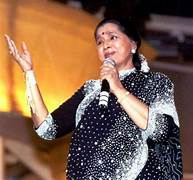
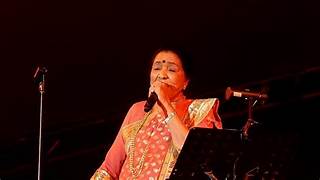
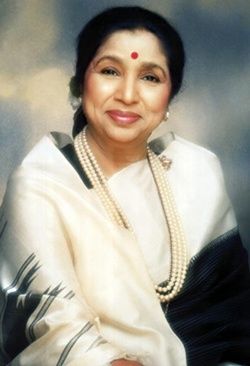



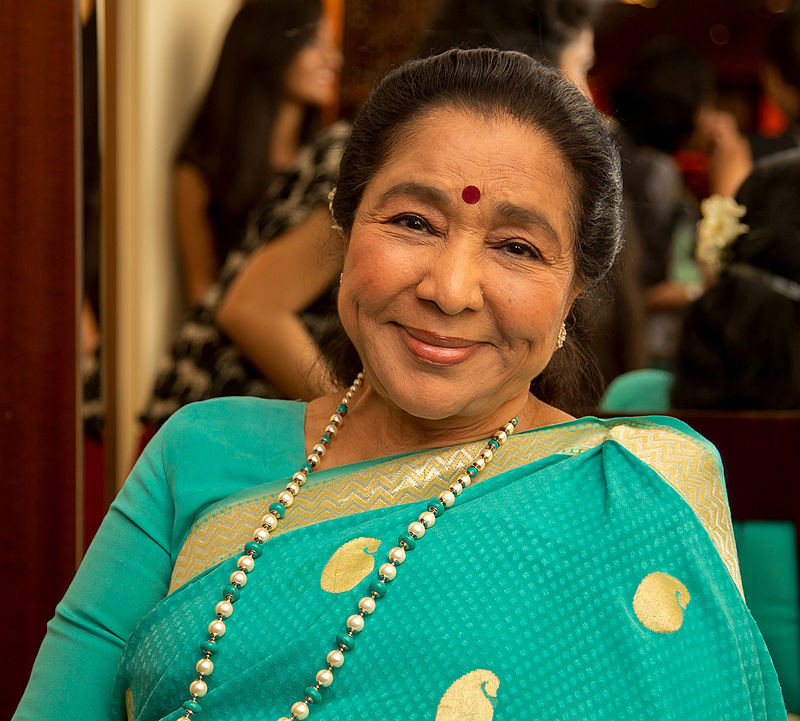
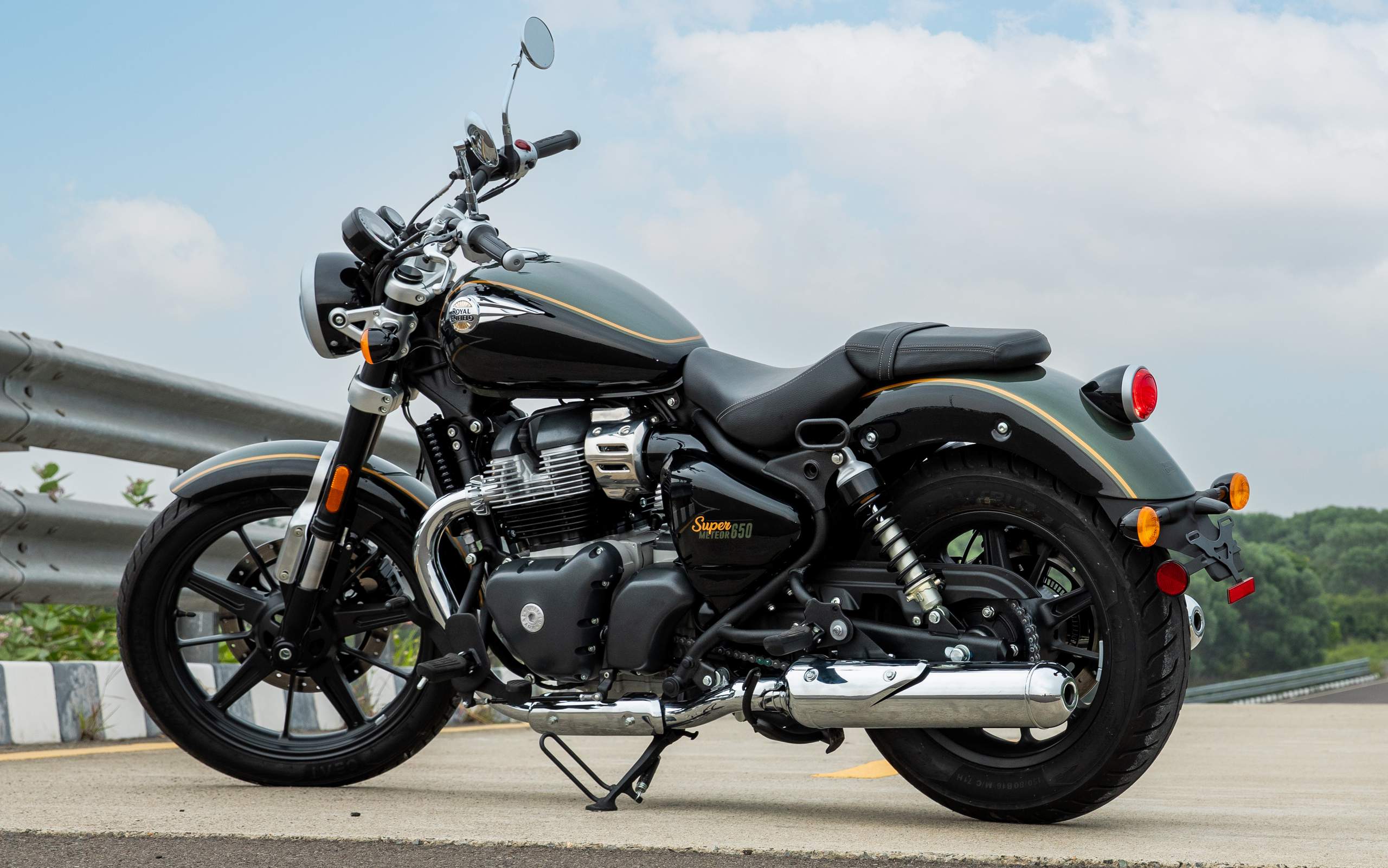






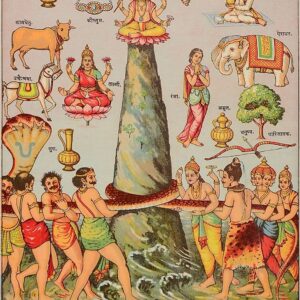


Reviews
There are no reviews yet